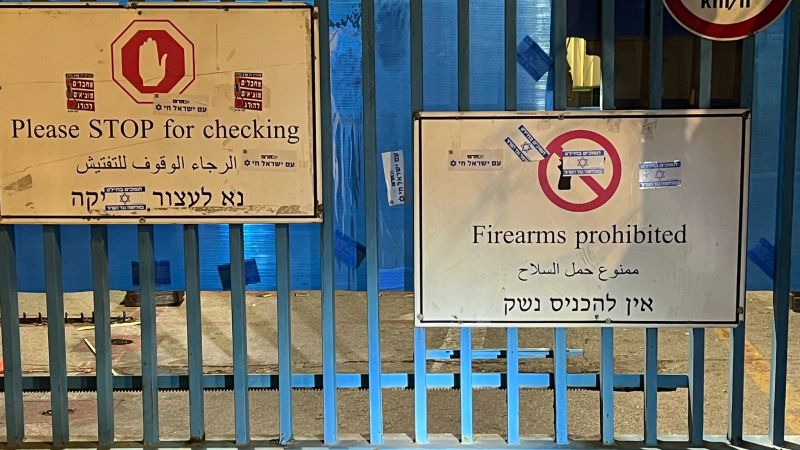UNRWA, the United Nations Relief and Works Agency for Palestine Refugees in the Near East, was plunged into an unprecedented crisis after its headquarters in occupied East Jerusalem was set ablaze in a condemnable act of arson. The incident was reportedly orchestrated by a faction of Israeli extremists, casting a dark shadow over the agency’s vital humanitarian work in the region. Consequently, UNRWA announced its decision to close the said facility until further notice.
UNRWA’s East Jerusalem headquarters played a significant role in the agency’s operations, providing services to approximately 3,000 Palestinian refugees daily. Situated in Sheikh Jarrah, a neighborhood at the heart of Israeli-Palestinian tensions, the office coordinated education, healthcare, social services, and emergency assistance to refugees. The arson attack dealt a significant blow to these services, disrupting the lives of refugees heavily reliant on UNRWA’s assistance.
The incident occurred amidst an escalating conflict, with Sheikh Jarrah garnering international attention in recent weeks for the forced evictions of Palestinian families—a focal point of tension between Israelis and Palestinians. The arson was a stark accentuation of these ongoing tensions, demonstrating the level of intensity and the degree of polarization within the region.
Israeli extremists were immediately implicated in the attack, as eyewitness accounts, as well as recovered CCTV footage, pointed to their involvement. What was denounced as a brazen attack echoed the wider issue of Israeli-Palestinian relations, bringing the conversation surrounding the protection of humanitarian agencies such as UNRWA back into the international sphere.
UNRWA’s response to the attack was swift and thorough. Agency officials expressed their condemnation of the incident and pledged to continue their mission, irrespective of the challenges posed. Nevertheless, the authorities decided to temporarily shut down the East Jerusalem office, pulling back operations for the safety of their staff and beneficiaries considering the volatile situation.
The closure of UNRWA’s headquarters in East Jerusalem holds significant implications not just for the agency but for the Palestinian refugees it serves. Several thousand people who rely on the services provided by the agency are now in an uncertain situation, exacerbating the already precarious state of human rights and humanitarian aid in the region.
Despite this setback, UNRWA continues to maintain a strong presence in the area while preserving the commitment to its mission. The agency has initiated steps to restore the damage caused to its premises —both physical and symbolic— and resume its operations at the earliest. In the interim, alternative arrangements are being established to continue service delivery.
The attack on UNRWA’s East Jerusalem headquarters represents a major flashpoint within the broader tapestry of Israeli-Palestinian conflict. It underscores the relentless challenges faced by humanitarian agencies in conflict zones, and the persistence required to continue their mission in the face of adversity.
While the world awaits the reopening of UNRWA’s headquarters in East Jerusalem, the lessons from this incident are clear. It underscores the critical importance of maintaining the inviolability of humanitarian agencies, safeguarding their operations from external aggression, and upholding their mandate to deliver aid to those most in need, even in the most challenging circumstances.
The incident serves as a stark reminder of the high stakes within the Israeli-Palestinian conflict, and the urgent need for a peaceful resolution. Amidst these complex dynamics, the resilience and determination of UNRWA stand testament to the unwavering commitment to its mission, underscoring the enduring resilience of humanitarian principles in even the most formidable of circumstances.




